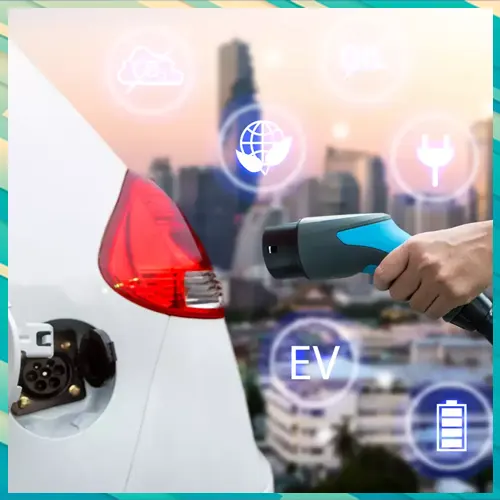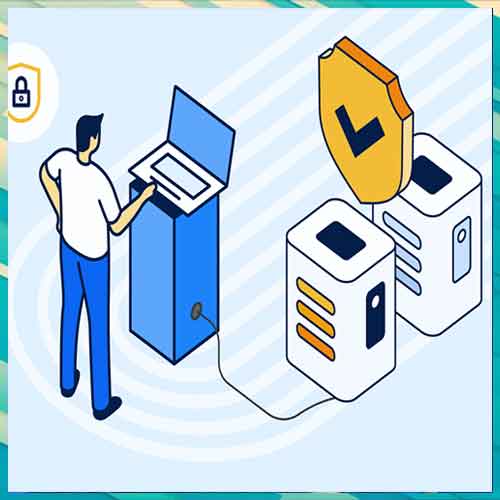Breaking News

Delhi EV policy to accelerate green mobility, expand infrastructure, and create 20,000 jobs.
Delhi is set to launch the second phase of its ambitious Electric Vehicle Policy, aiming to transform the capital’s transport system into a cleaner, greener, and more sustainable model. The updated Delhi EV policy will emphasize the transition of mass-category vehicles—such as buses, autos, taxis, and delivery fleets—towards electric alternatives, while also pushing for the full electrification of public transport.
One of the key features of the policy is the development of a robust EV infrastructure across the city. The government plans to set up 13,200 public charging stations and create a network of battery collection and swapping centres, helping address major challenges like range anxiety and accessibility. These steps aim to support the growing number of EV users in both personal and commercial segments.
To make electric mobility more affordable, the electric vehicle policy Delhi will also offer a purchase subsidy of up to INR 30,000 for electric two-wheelers. This incentive is expected to boost the adoption of EVs among daily commuters, gig workers, and delivery executives who rely on two-wheelers for their livelihood.
Importantly, the policy is designed to be a strong economic driver as well. Delhi Environment Minister Manjinder Singh Sirsa announced that the new EV policy is projected to create 20,000 EV jobs in Delhi, particularly in areas like charging station operations, EV maintenance, and battery recycling.
By combining environmental responsibility with job creation, the Delhi clean transport initiative sets a new benchmark for urban mobility in India. The second phase of the Delhi EV policy reinforces the city’s commitment to becoming a national leader in electric mobility and sustainable development.
Delhi is set to launch the second phase of its ambitious Electric Vehicle Policy, aiming to transform the capital’s transport system into a cleaner, greener, and more sustainable model. The updated Delhi EV policy will emphasize the transition of mass-category vehicles—such as buses, autos, taxis, and delivery fleets—towards electric alternatives, while also pushing for the full electrification of public transport.
One of the key features of the policy is the development of a robust EV infrastructure across the city. The government plans to set up 13,200 public charging stations and create a network of battery collection and swapping centres, helping address major challenges like range anxiety and accessibility. These steps aim to support the growing number of EV users in both personal and commercial segments.
To make electric mobility more affordable, the electric vehicle policy Delhi will also offer a purchase subsidy of up to INR 30,000 for electric two-wheelers. This incentive is expected to boost the adoption of EVs among daily commuters, gig workers, and delivery executives who rely on two-wheelers for their livelihood.
Importantly, the policy is designed to be a strong economic driver as well. Delhi Environment Minister Manjinder Singh Sirsa announced that the new EV policy is projected to create 20,000 EV jobs in Delhi, particularly in areas like charging station operations, EV maintenance, and battery recycling.
By combining environmental responsibility with job creation, the Delhi clean transport initiative sets a new benchmark for urban mobility in India. The second phase of the Delhi EV policy reinforces the city’s commitment to becoming a national leader in electric mobility and sustainable development.
See What’s Next in Tech With the Fast Forward Newsletter
Tweets From @varindiamag
Nothing to see here - yet
When they Tweet, their Tweets will show up here.




























